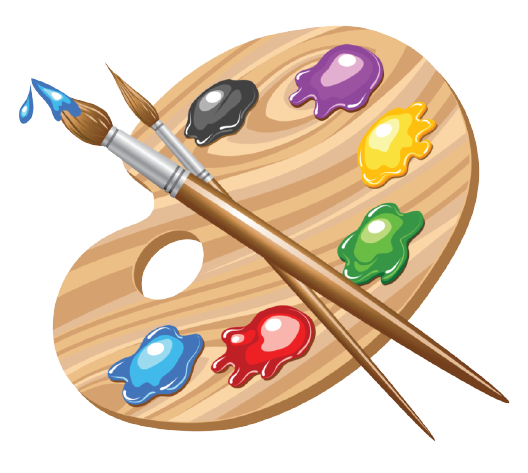Research has long suggested that an artistic education offers numerous benefits to students. Arts training has been found to improve spatial reasoning, linguistic and mathematical skills, and even social development.
In 1994, the Royal Conservatory of Music in Toronto established a Learning Through the Arts (LTTA) program, which sought to include artistic methods of education in core academic subjects — language, mathematics and science. LTTA connected artists and teachers to develop teaching methods that incorporated the arts, such as physical movements or dance to help young students learn the basics of geometry.
The research involved almost 7,000 students from grades one through six in both LTTA schools and schools without similar arts programming.
A 1999-2002 national study found that students who participated in an LTTA program scored higher on computation and estimation tests than students who were not taught with similar artistic methods, including students at schools with other specialty programs like technology.
Similarly, in a 2010 study, over 1,200 students and teachers reported that LTTA programming had a positive effect on students’ engagement in learning, collaboration skills, open-mindedness and overall enjoyment of school.
The late Elliot Eisner, a former professor of art and education at the Stanford Graduate School of Education, argued that an artistic education helps students improve important cognitive skills. He found that learning art helps students improve their attention to detail, their perception and understanding of nuance, and their inquisitiveness and creativity.
Additionally, Eisner argued that learning art helps students understand the interrelated nature of form and content — the idea that how something is presented affects what it means and how an audience will interpret it.
An education in the arts can also teach technical skills that will serve students in many environments. The performing arts, which include music, dance and drama, provide students with skills like public speaking, improvisation and confidence in front of crowds.
These skills are important in academia, where students are often required to demonstrate their knowledge through presentations and other audio or visual formats like podcasts. Public speaking abilities can also help students during interviews and on co-op jobs.
Musical education specifically can also have a distinct benefit on students’ language skills. Studies show that children who take music lessons are more linguistically advanced than their peers who do not learn a musical instrument and that musical training helps people learn new languages throughout their lives.
Learning to play an instrument, draw, paint or sculpt can help students develop motor skills, especially fine motor skills that are important for many day-to-day tasks.
More broadly, many elements of an artistic education can also instill discipline and determination in students, both of which are vital to success in the academic world.
The arts are a necessary part of a well-rounded education. However, arts programs across the province are underfunded or unsupported, especially in rural areas and areas with higher levels of poverty.
Given how important the arts are to developing important academic and social skills, it is vital that arts funding remains a priority in education budgets for students throughout their academic lives.































